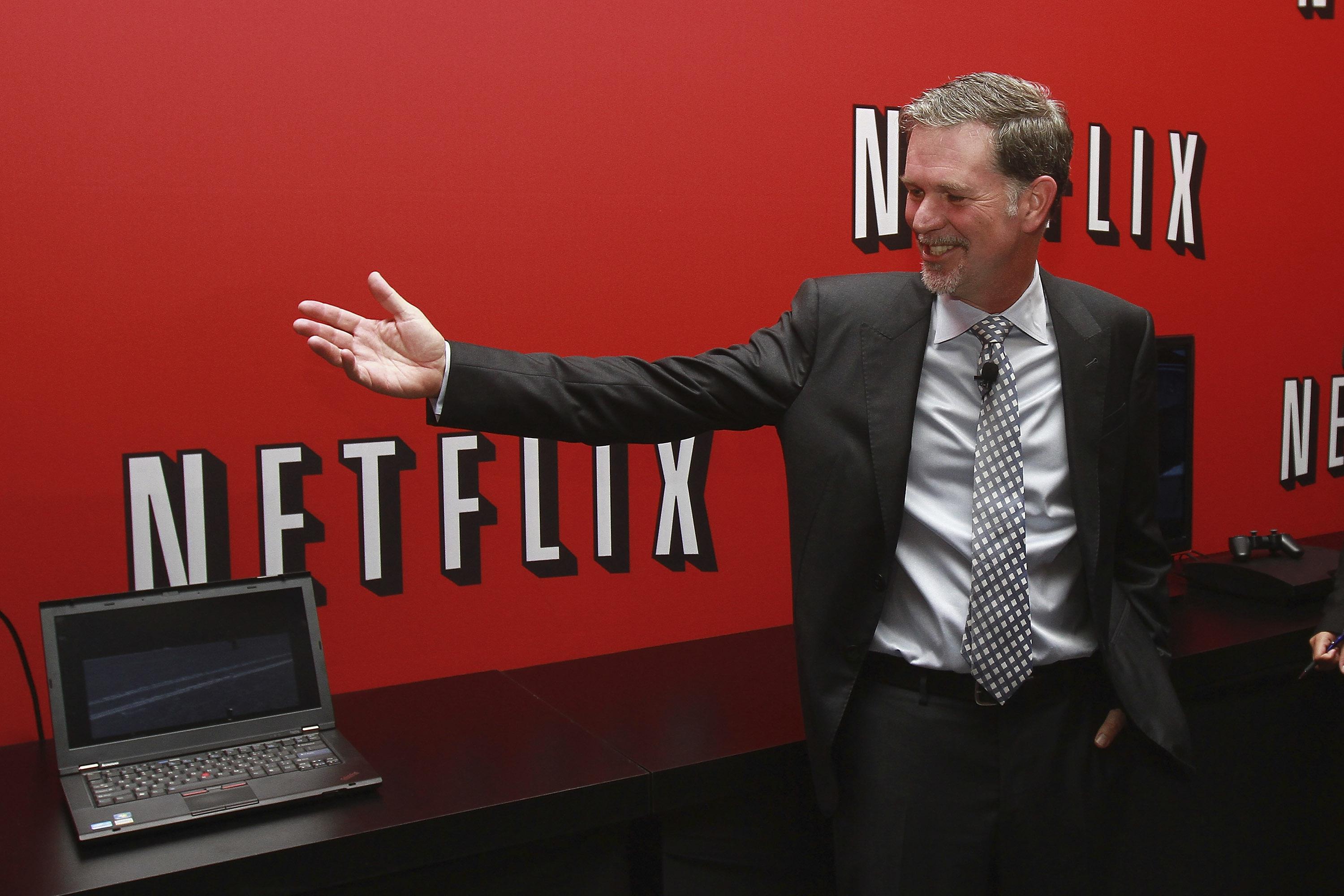This post previously appeared on Business Insider.
By Max Nisen
Netflix Chief Talent Officer Patty McCord, author of Netflix’s famous management and culture presentation, argued in a First Round Capital CEO Summit talk that many managers are too lenient and willing to give second chances to underperformers.
Employers should just suck it up and fire the underperforming employee rather than drag it out over months.
Sheryl Sandberg once called McCord’s presentation “the most important document ever to come out of the Valley.”
McCord’s core advice is to think six months in advance, about what the company can and should do better, which will highlight the people who don’t have the skill set or drive to get there. Most places, when people underperform, put them on notice, give them a plan to improve or metrics to hit because they’re afraid of seeming mean or getting sued. McCord argues that that’s often a waste of energy.
“I tell an employee I’m going to put you on a performance improvement plan, but the truth is they don’t actually know how to do what I need someone in their job to do,” McCord said. “I did my six months out thing and realized she wasn’t qualified, and I put her on a plan even though it’s not an issue of performance, it’s an issue of skill set.”
The result of such plans isn’t usually an employee who completely turns things around, but a series of meetings that make the employee feel bad, the manager feel bad about hurting their feelings, and wastes everybody’s time. Usually, the employee gets fired a few months later, and everyone resents everyone.
McCord offers an alternate plan: Just come out and say it.
“Instead, I could have told the employee, ‘here’s what I’m going to need six months from now, and here’s the talent and skills I’ll need,’”she says. “Then you tell her, ‘It’s not you. I don’t want you to fail. I don’t want to publicly humiliate you.’”
Her point is that offering someone real feedback, a reference, and maybe some paid time to find a new job is far more helpful, and better for both parties than dragging things out for six months. Be generous, but be honest.
